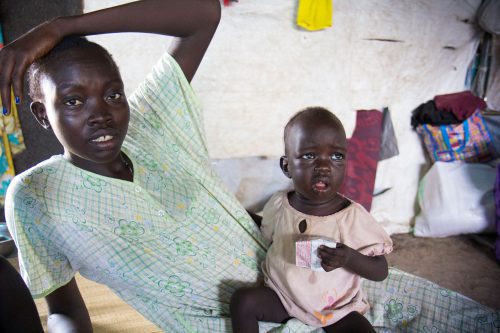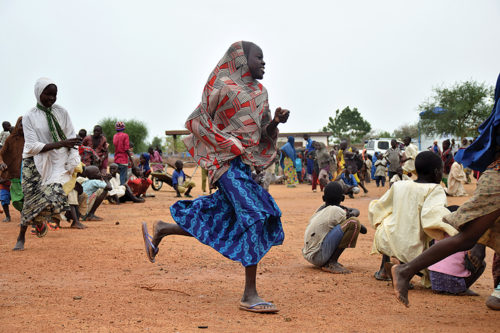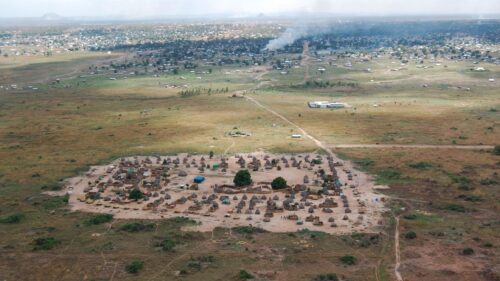Famine-Wracked South Sudan Now Wants To Charge Aid Workers For Help
South Sudan is wracked by unfettered violence, ethnic cleansing, and famine. But now the government wants to charge aid workers $10,000 to operate in the country.
South Sudan is wracked by unfettered violence, ethnic cleansing, and famine. But now the government wants to charge aid workers $10,000 to operate in the country.

Gender-based violence organizations in South Sudan worry that this desire for the story often comes at the expense of the survivor.
This report examines partnerships between international NGOs (INGOs) and local/national NGOs (L/NNGOs) in two complex, conflict-driven emergencies: Nigeria and South Sudan. It presents case studies that are one component of InterAction’s Risk II: Local Actor Partnerships project – an 18-month research study funded by the U.S. Agency for International Development Office of U.S. Foreign Disaster Assistance (USAID/OFDA).

IRIN editors' weekly take on humanitarian news, trends, and developments from around the globe.
Over a decade after gaining independence, South Sudan still faces significant humanitarian need, with an estimated 9.4…

This working group meets monthly to share information, discuss operational concerns, and coordinate advocacy efforts for the South Sudan and Sudan context.
This working group meets monthly to share information, discuss operational concerns, and coordinate advocacy efforts for the South Sudan and Sudan context.
This working group meets monthly to share information, discuss operational concerns, and coordinate advocacy efforts for the South Sudan and Sudan context.
This working group meets monthly to share information, discuss operational concerns, and coordinate advocacy efforts for the South Sudan and Sudan context.